Quick Tip
A collection of 58 posts

How to Ping IPv6 Addresses
The ping command works on IPv4 by default. But you can force it to ping IPv6 addresses too. Here's how.
· Abhishek Prakash
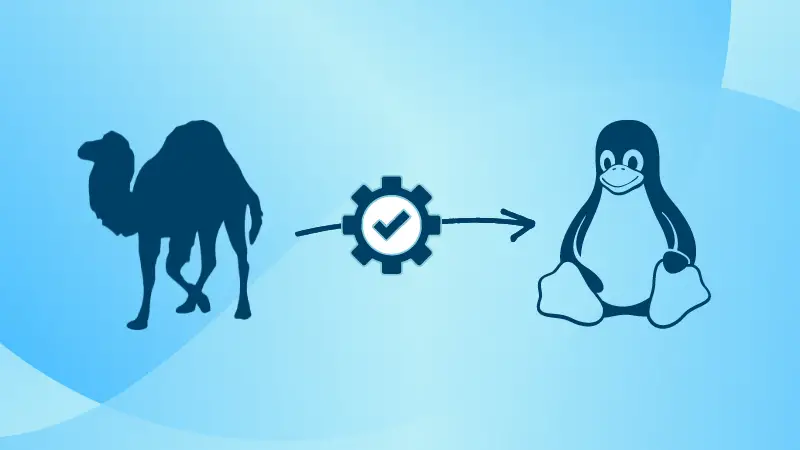
How to Run Perl scripts in Linux Command Line
Learn to learn Perl scripts in Linux command line. Also learn a few tricks about running Perl commands without saving them in files.
· Sagar Sharma

Find Files Modified in Last N Minutes in Linux
Finding recently modified files is a helpful parameter when troubleshooting your code or server. Learn how to find modified files in Linux command line.
· Sagar Sharma
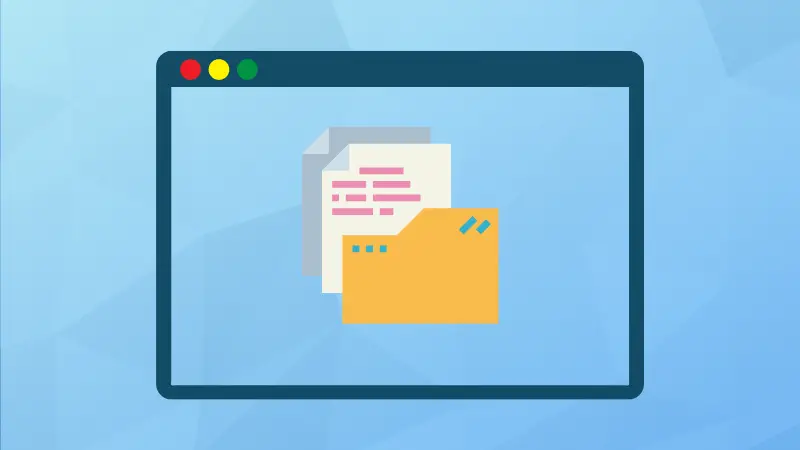
How to Find All Files Not Containing Specific Text on Linux
Learn how to list all files in a directory that do not contain a specific text in Linux command line.
· Abhishek Prakash

Convert Hex to ASCII Characters in Linux Command Line
Here are various ways for converting Hex to ASCII characters in the Linux command line and bash scripts.
· Abhishek Prakash

Display Only Hidden Files in Linux
It's easy to show the hidden files in Linux with ls -a command. But how do you see only the hidden files?
· Abhishek Prakash
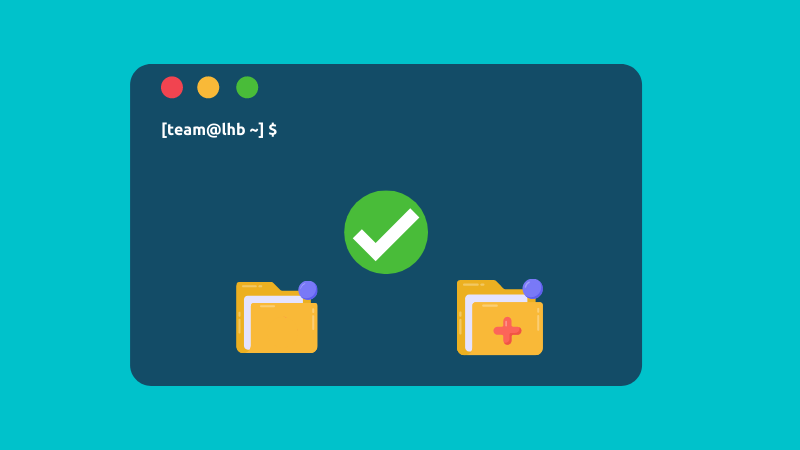
Make Directory Only if it Doesn't Exist Already in Linux
It's better to be careful and prevent errors while creating directories in case there are files or directories with the same name in the same location.
· Abhishek Prakash

Show File Transfer Progress With Rsync
By default, rsync doesn't show any output while files are being transferred. Here's how you can see the transfer status.
· Abhishek Prakash

ls -lrt Linux Command Explained
You'll often use the "ls -lrt" command, especially while dealing with a large number of files. Here's what it does and how it works.
· Abhishek Prakash

Kill a Process in Linux Command Line
Found a misbehaving process? Here's how to teach a lesson to it by terminating it using various commands.
· Abhishek Prakash
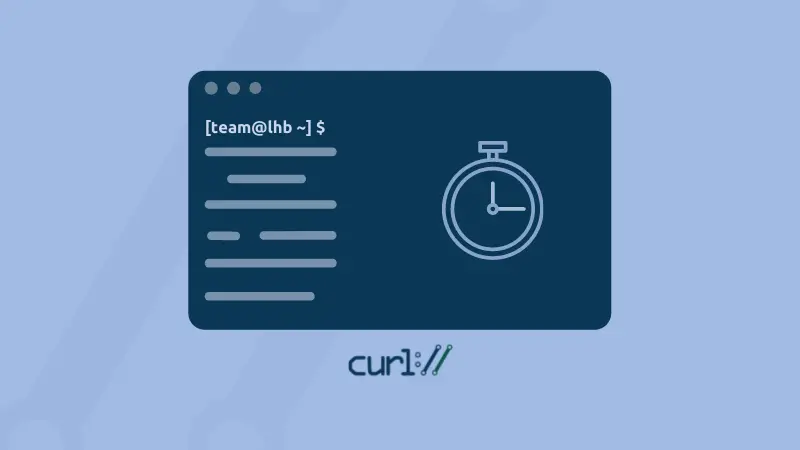
How to Set Timeout in cURL
Downloading with curl taking too long? Set a timeout with curl command, so you don't have to wait long.
· Abhishek Prakash
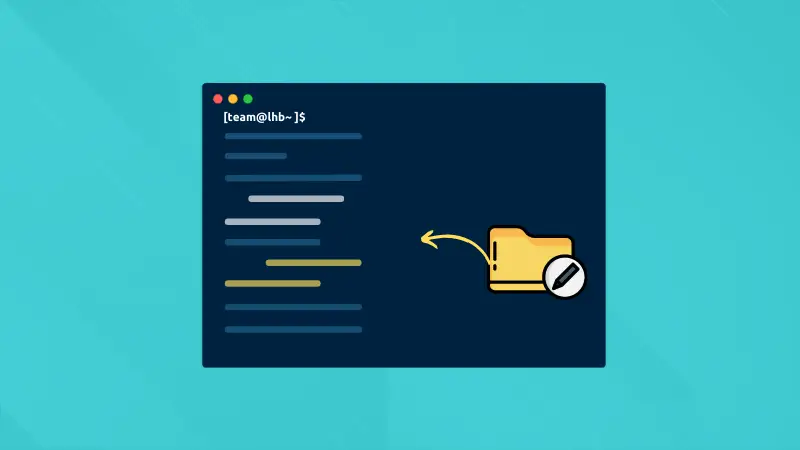
How to Rename a Directory in Linux Command Line
Renaming a directory is the same as renaming the files. You use the mv command.
· Abhishek Prakash

How to Sort Files by Size in Linux Command Line
Learn to sort files by their size using the ls command in the Linux terminal. Also learn about finding the biggest files.
· Abhishek Prakash
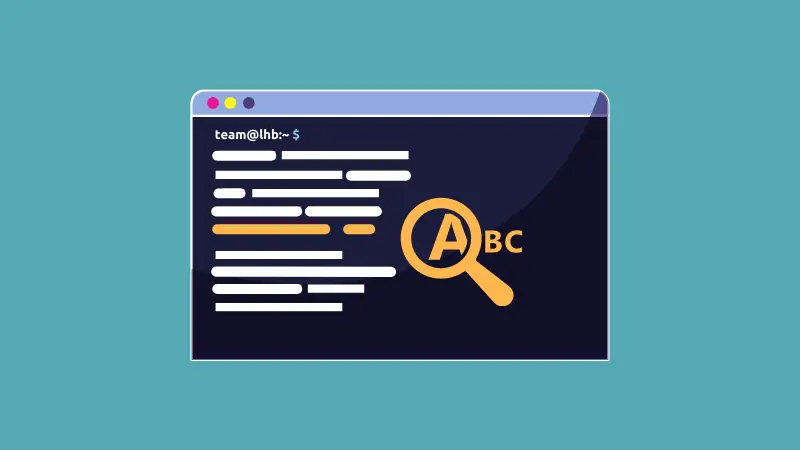
Find Process Name from its PID
If you know the PID of a process, here's how to get the process name in Linux command line.
· Hunter Wittenborn

Changing the Color of the echo Command's Output
Using colors with the echo command could make your shell scripts more user friendly and attractive.
· Abhishek Prakash

How to Use echo Command Without Newline
Every time you use echo, it adds a newline character at the end. Here's what you can do if you want to use echo without newline.
· Abhishek Prakash
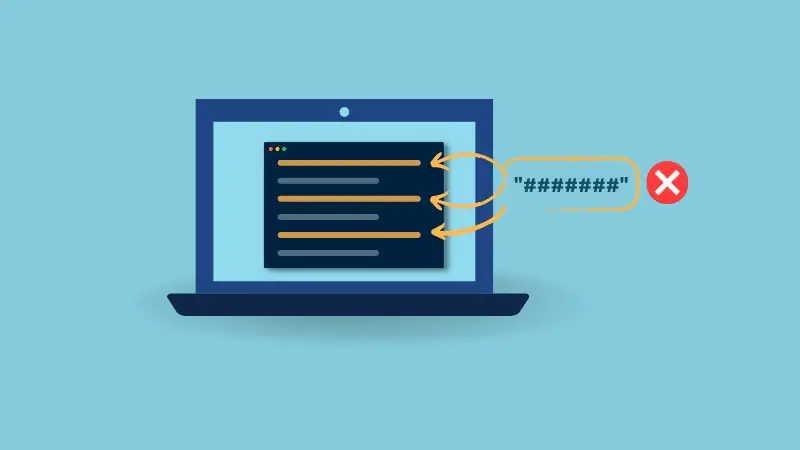
How to Delete Files with Specific Extension in Linux Command Line
Here are a few methods to remove files based on their extension in the Linux command line. Also learn a few tips to be careful in the process.
· Abhishek Prakash
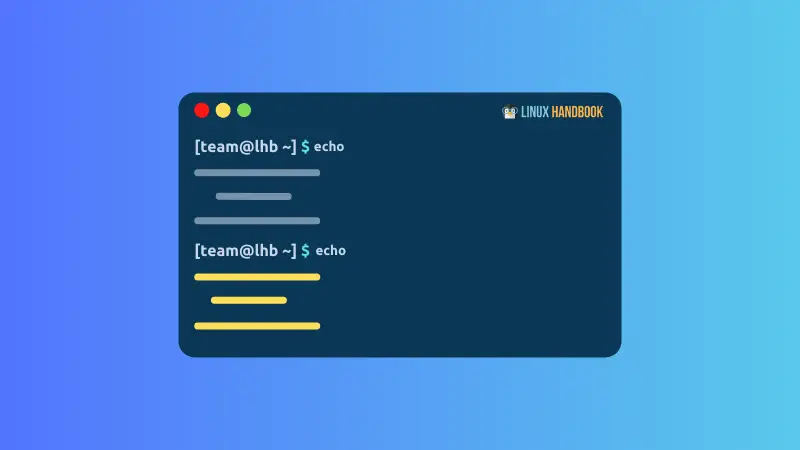
How to echo a New Line in Bash Shell Scripts
Learn various ways of displaying a new line in the output of echo command in Linux.
· Abhishek Prakash
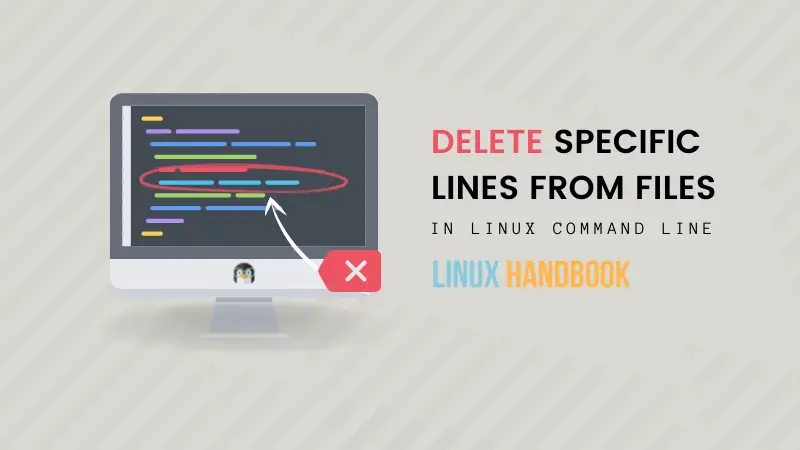
Deleting Specific Lines from a File in Linux Command Line
Here are a few usecases of deleting specific lines from a text file using the sed command.
· Abhishek Prakash
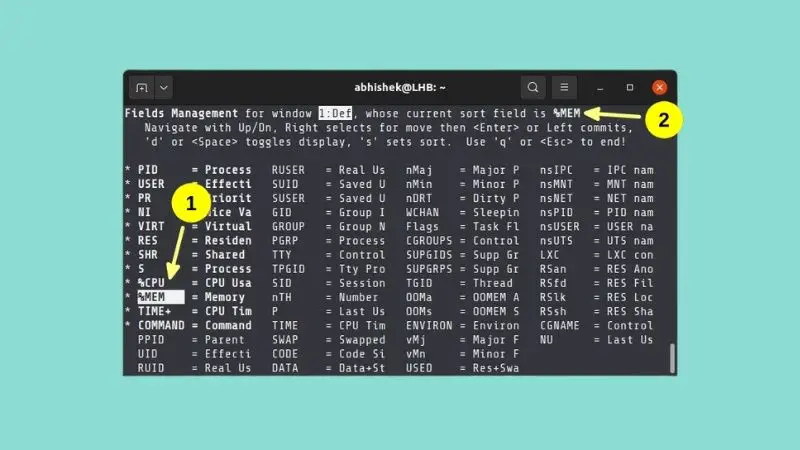
How to Sort Top Command Based on Memory Usage
Top command shows the most CPU consuming processes first. Learn how to sort top on memory usage instead.
· Abhishek Prakash

How to Install Vim in a Docker Container
You are likely to not find Vim editor installed in your Docker container. Here's how to get it.
· Abhishek Prakash

Setting Hostname in Docker Compose
In this quick Docker tip, you'll learn how to set a hostname for your container via Docker Compose.
· Avimanyu Bandyopadhyay
![How to Shutdown Ubuntu Server [Beginner's Tip]](/content/images/size/w1600/2020/10/shutdown-ubuntu-server-1.png)
How to Shutdown Ubuntu Server [Beginner's Tip]
Here are various ways you can shut down Ubuntu system from the terminal.
· Abhishek Prakash
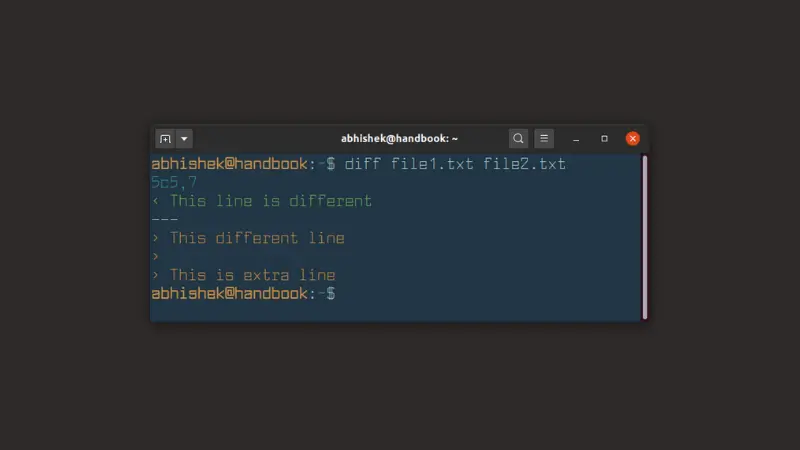
How to Colorize Diff Output for Better View
Get a better look at the diff output with the colored output. The colorized diff makes it easier to distinguish the changes.
· Abhishek Prakash

How to Check if Linux System is Running on Physical System or Virtual Machine?
Wondering if your Linux server is a virtual machine or a physical system? Here's how to check it.
· Abhishek Prakash

How to Find Length of String in Bash [Quick Tip]
Here are various ways to calculate the length of a string in bash scripts.
· Abhishek Prakash
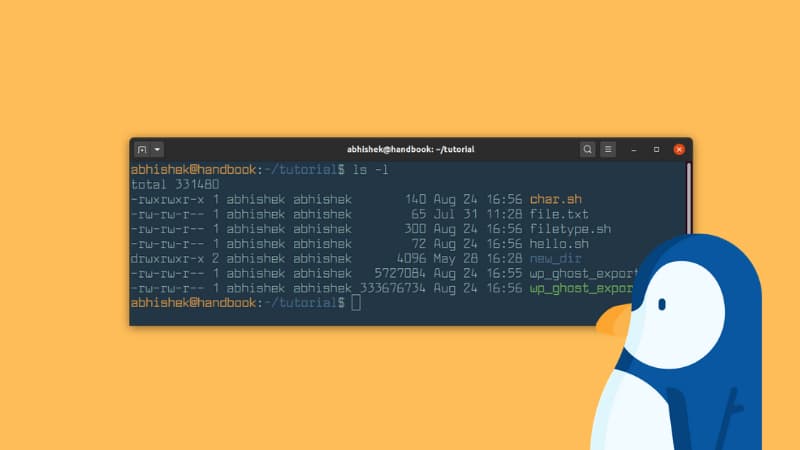
How to Display File Size in Human Readable Format (KB, MB, GB) in Linux Terminal
Quick tip to display file size in Linux using the ls command.
· Abhishek Prakash

How to Replace All Occurrences of a Word in All Files in Linux Command Line
Consider a scenario where you have to find all occurrences of a certain text and then replace it with another in all the files. Here's how to do that in Linux command line.
· Abhishek Prakash